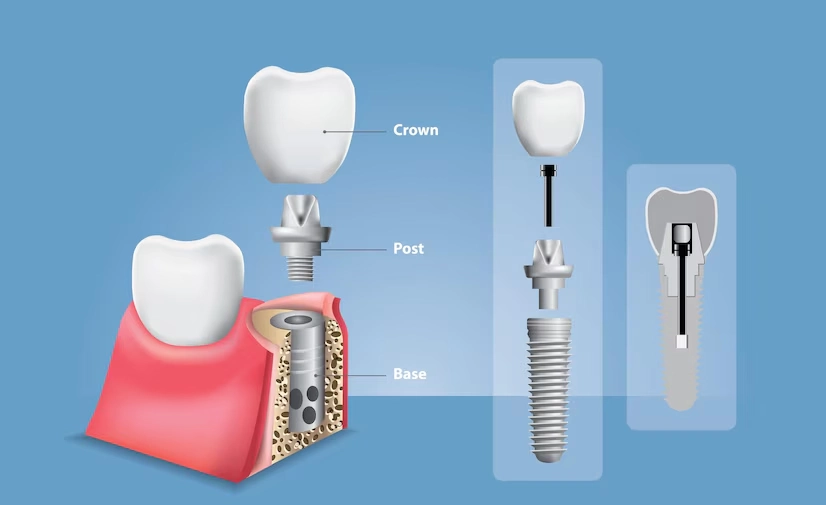What is Dental Implant Failure?

What is Dental Implant Failure?
Introduction:
Dental implants have revolutionized the field of dentistry, offering a permanent solution for missing teeth and restoring smiles. However, despite their high success rates, dental implant failure remains a possibility that patients and professionals alike must acknowledge and understand. In this article, we delve into the various factors contributing to Dental implant failure and explore ways to mitigate its occurrence.
Dental implants have revolutionized the field of dentistry, offering a permanent solution for missing teeth and restoring smiles. However, despite their high success rates, dental implant failure remains a possibility that patients and professionals alike must acknowledge and understand. In this article, we delve into the various factors contributing to Dental implant failure and explore ways to mitigate its occurrence.
- Biological Factors:
- Mechanical Factors:
- Infection and Foreign Body Reactions:
- Peri-Implant Complications:
- Patient-related Factors:
Conclusion:
While dental implants offer a reliable and durable solution for tooth replacement, the possibility of implant failure cannot be overlooked. By understanding the various factors that contribute to implant failure, both patients and dental professionals can take proactive measures to minimize risk and ensure the long-term success of dental implant treatment. From meticulous treatment planning to diligent post-operative care, addressing these factors can help pave the way for successful implant outcomes and restored smiles.Recent Posts
Kinder Smiles
3 Pre-Root Canal Tips for Diabetics
Kinder Smiles



